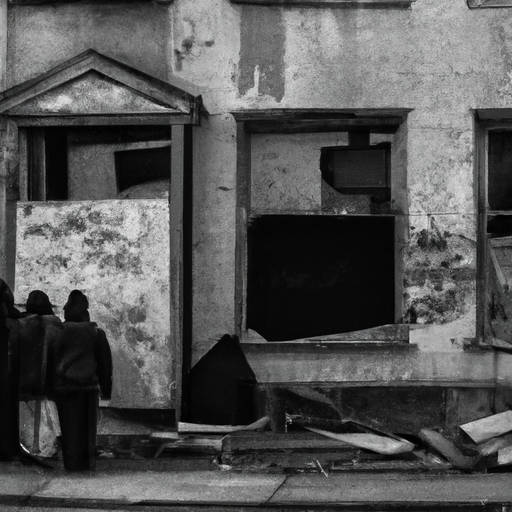The Ongoing Opioid Crisis in Canada and Efforts Towards Resolution
In the heart of the opioid crisis in Canada, several key aspects have taken shape, including its effect on community demographics and the combined efforts of various entities aiming to combat the crisis. A stark representation of the enduring plight is evident in the city of Hamilton and beyond. This blog takes an in-depth look at the crisis and the determined endeavours in motion to address it. This scrutiny uses a lens focused on the article “B.C. in court against pharma companies in bid to certify opioid class-action lawsuit” from The Spectator.
The Canadian Opioid Crisis: A Profound Effect on Communities
The opioid crisis, with Hamilton at its epicentre, has resulted in devastating effects. A significant increase in drug-related crimes, a rise in homelessness caused by the consequence of drug addiction, and perilous alterations of community demographics are just some of the glaring effects of the crisis. Opioids, both legally prescribed and illicit, wield an extensive influence, effectively straining community welfare and resources.
The Effort Towards Legal Abatement
Recently, efforts to alleviate the crisis have turned to legal channels. A flagship instance is the Canadian opioid abatement class-action lawsuit filed by B.C., with allegations against pharmaceutical companies for their roles in the proliferation of opioids. A favourable ruling in the lawsuit could set a precedent for similar actions across Canada, converging in a unified front against the crisis.
The Hamilton Opioid Crisis: A Microcosm of a Broader Issue
In the throes of the Hamilton opioid crisis, citywide initiatives have been launching to curtail the effects of opioid abuse. Law enforcement agencies are striving to contain the swell in criminal activities, while community support groups provide aid to the homeless populace impacted by opioid addiction.
The Use of Naloxone in Combatting Opioid Overdoses
One of the vital tools being employed in the face of the crisis is the drug naloxone. As an opioid antagonist, naloxone can reverse the effects of opioids during overdose scenarios, thus saving countless lives. In Canada, Naloxone kits are being widely distributed to help reduce the death toll caused by opioid overdoses.
Key Points Highlighted from The Spectator’s Article
- Stark findings represent significant increase in drug-related crimes and homelessness as a direct fallout of the Canadian opioid crisis.
- A notable effort to combat the crisis: The opioid class-action lawsuit filed by B.C., which aims to hold pharmaceutical companies accountable.
- Efforts underway in Hamilton to curtail effects of the opioid crisis, which include the launch of citywide initiatives and support from varying agencies.
- The widespread use of naloxone as an effective tool in combating opioid overdoses with its lifesaving potential.
Closing Thoughts
In concluding, the severity of the Canadian opioid crisis, as embodied by the challenging circumstances in Hamilton and across the nation, necessitates an aggressive response. The crisis continues to endanger lives, disrupt communities, and strain resources. However, the amalgamation of legal efforts, community initiatives, and the strategic use of naloxone elicited hope for a brighter, healthier future. The potential difference made by the class-action lawsuit could lead to a fundamental shift in the fight against opioids – the beginning of the end of this crisis. The take-away: while the current picture may seem disheartening, efforts from varying fronts fuel optimism in the ongoing battle against the opioid crisis.
